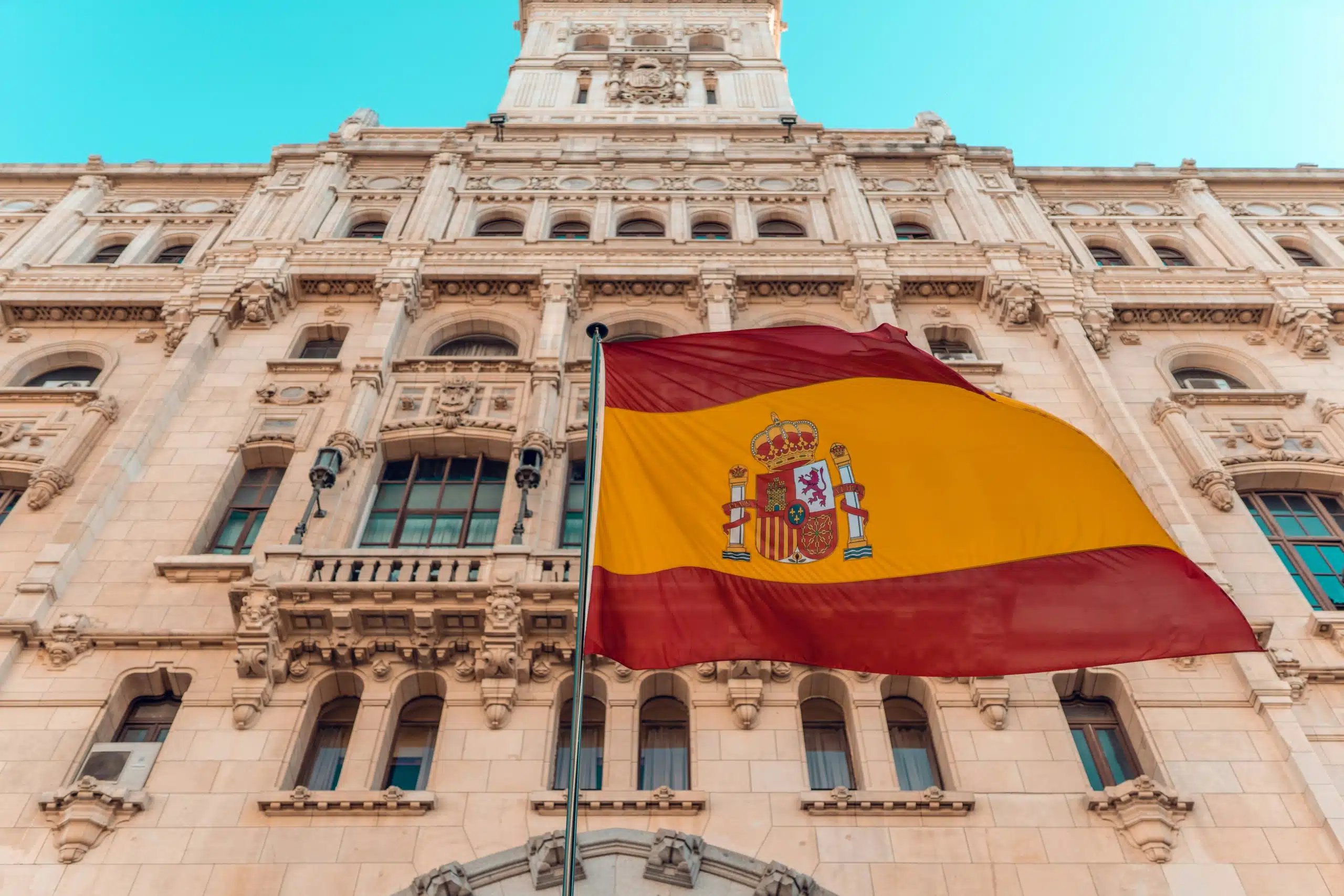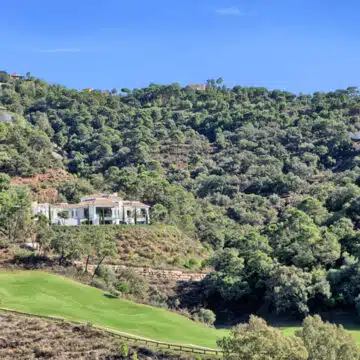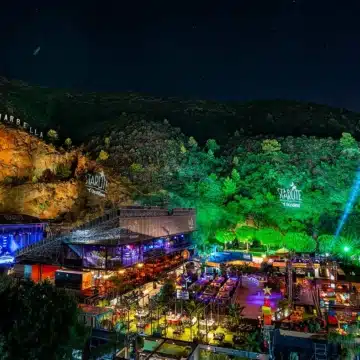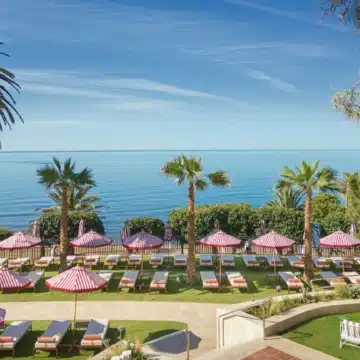looking to buy a home?
Submit this Form and Benefit from our 25 Years' Experience & Strong Local Network.Spain is a land of festivals. From grand national holidays to colourful local festivals, the Spanish calendar is packed with celebrations that reflect history, religion, and regional pride. Whether you live in Spain or plan to visit, learning about these national holidays in Spain will help you understand the country’s vibrant culture and plan your days around them.In this article, we will tell you about Spain’s national and regional holidays and how the people of Spain celebrate these special occasions.
National Holidays in Spain Calendar
| Month | Date | Festival Name | Celebration |
| January | 1 Jan | Año Nuevo (New Year’s Day) | Start of the new year |
| 6 Jan | Día de los Reyes Magos (Epiphany) | Arrival of the Three Wise Men | |
| March/April | Variable (Friday) | Viernes Santo (Good Friday) | Part of Semana Santa (Holy Week) |
| May | 1 May | Fiesta del Trabajo (Labour Day) | Workers’ rights and achievements |
| August | 15 Aug | Asunción de la Virgen (Assumption) | Virgin Mary’s ascent to heaven |
| October | 12 Oct | Fiesta Nacional de España (National Day) | Columbus’s arrival in the Americas, Spain’s unity |
| November | 1 Nov | Día de Todos los Santos (All Saints’ Day) | Honouring deceased loved ones |
| December | 6 Dec | Día de la Constitución (Constitution Day) | Approval of the 1978 democratic constitution |
| 8 Dec | Inmaculada Concepción (Immaculate Conception) | Celebration of the Virgin Mary’s purity | |
| 25 Dec | Navidad (Christmas Day) | Birth of Christ, family celebrations |
January 1 – New Year’s Day (Año Nuevo)
The year begins with Año Nuevo, a day of family gatherings after the lively New Year’s Eve (Nochevieja). Spaniards celebrate the night before with traditions like eating twelve grapes at midnight, one with each clock chime, to bring good luck for the twelve months ahead. On New Year’s Day, it’s common to enjoy special meals and relax with family.
January 6 – Epiphany (Día de los Reyes Magos)
Also known as Three Kings’ Day, this is one of the most important holidays in Spain, especially for children. The night before, towns host colourful parades where the Three Wise Men distribute sweets. On January 6, children wake up to gifts delivered by the Magi. Traditional pastries, such as the Roscón de Reyes, are enjoyed nationwide.
March/April – Good Friday (Viernes Santo)
Spain is deeply rooted in Catholic traditions, and Holy Week (Semana Santa) is one of the country’s most famous celebrations. Good Friday is a national holiday, marked with solemn religious processions in cities like Seville, Málaga, and Valladolid. Brotherhoods carry statues of Christ and the Virgin Mary through the streets, accompanied by music and candlelight. For visitors, it’s one of the most moving cultural experiences in Spain.
May 1 – Labour Day (Fiesta del Trabajo)
Spain joins the world in celebrating International Workers’ Day. Labour Day is marked with public events, demonstrations, and time off work. Many Spaniards use the long weekend for short trips or family gatherings, especially since May often brings pleasant spring weather.
August 15 – Assumption of Mary (Asunción de la Virgen)
This day honours the Virgin Mary’s ascent to heaven. It’s a religious festival, with church services and local festivities across Spain. Many towns also celebrate their annual fairs during mid-August, so the atmosphere is lively, with music and fireworks.
October 12 – National Day of Spain (Fiesta Nacional de España)
This holiday celebrates Christopher Columbus’s arrival in the Americas in 1492. It’s also Spain’s official national day, celebrated with a grand military parade in Madrid attended by the King and government leaders. Across the country, cities host cultural events, concerts, and flag displays. It’s a patriotic day that highlights Spain’s history and unity.
November 1 – All Saints’ Day (Día de Todos los Santos)
This is a time to honour loved ones who have passed away. Families visit cemeteries, decorate graves with flowers, and attend church services. It’s also known for traditional foods like huesos de santo (marzipan sweets) and panellets (almond-based pastries). This day reflects Spain’s deep respect for family and tradition.
December 6 – Constitution Day (Día de la Constitución)
This day marks the approval of Spain’s democratic constitution in 1978, after the Franco dictatorship. It’s a key moment in modern Spanish history. While it’s more political in nature, the day is also part of the December holidays (long weekend), leading up to the festive season.
December 8 – Immaculate Conception (Inmaculada Concepción)
This Catholic holiday celebrates the Virgin Mary’s purity. It has been a tradition in Spain for centuries and is observed with masses and parades. In Seville, this day officially marks the start of Christmas celebrations, with carols, markets, and lights decorating the streets.
December 25 – Christmas Day (Navidad)
Christmas in Spain is full of celebration, with traditions that vary by region. Unlike other countries where gifts are exchanged on Christmas Day, in Spain, the Three Kings (January 6) are the main gift-givers. Still, Christmas Day is filled with festive meals and joyful gatherings. Midnight Mass (La Misa del Gallo) on Christmas Eve is also an important custom.
Regional Holidays in Spain
Spain’s autonomous communities celebrate their own regional holidays, reflecting their unique identity, history, and traditions.
| Date | Region | Holiday | Highlights |
| Feb 28 | Andalusia | Día de Andalucía | Autonomy anniversary; schools with green-white flags, music, cultural events, food |
| Mar 1 | Balearic Islands | Día de las Islas Baleares | Medieval fairs, concerts, markets in Mallorca, Ibiza, Menorca, Formentera |
| Mar 19 | Valencia | Día de San José / Las Fallas | Honours the patron saint and is tied to the Las Fallas festival. |
| Apr 23 | Aragón | Día de Aragón | Feast of Saint George; folklore shows, parades, and cultural exhibitions |
| May 2 | Madrid | Día de la Comunidad de Madrid | Remembers the 1808 uprising; theatre, concerts, flower offerings |
| May 30 | Canary Islands | Día de Canarias | Folk music, lucha canaria (wrestling), regional cuisine, and cultural fairs |
| Sep 11 | Catalonia | La Diada | Recalls 1714 fall of Barcelona; demonstrations, concerts, Catalan pride |
| Oct 25 | Basque Country | Día del País Vasco | Celebrates the 1979 autonomy statute; sports, concerts, cultural events |
Andalusia – Día de Andalucía (February 28)
Celebration of the 1980 referendum that granted autonomy to Andalusia. Schools celebrate with activities about Andalusian culture, and the green-and-white flag is displayed everywhere. Children often enjoy a breakfast of bread with olive oil, a regional staple.
Balearic Islands – Día de las Islas Baleares (March 1)
This day marks the 1983 Statute of Autonomy. Celebrations include medieval markets, concerts, and cultural fairs across Mallorca, Menorca, Ibiza, and Formentera. Each island highlights its traditions, horse shows in Menorca, folk music in Mallorca, and artisan markets in Ibiza.
Valencia – Día de San José / Las Fallas (March 19)
Part of the world-famous Las Fallas Festival. Gigantic, colourful sculptures called ninots fill Valencia’s streets before being burned in massive bonfires. Fireworks, music, and traditional costumes create a week-long fiesta. It’s both a cultural and religious event honouring Saint Joseph.
Aragón – Día de Aragón (April 23)
Aragón celebrates the feast of Saint George (San Jorge), its patron saint, with events like parades, book fairs, and flower offerings. Similar to Catalonia, Aragón observes Saint George’s Day with books and roses, though on a smaller scale.
Madrid – Día de la Comunidad de Madrid (May 2)
Celebrates the 1808 uprising of Madrid citizens against French occupation. Celebrations include concerts, plays, and floral tributes. In the Plaza del Dos de Mayo, Madrileños gather to honour the heroes of the revolt.
Canary Islands – Día de Canarias (May 30)
Marks the first session of the Canary Islands’ parliament in 1983. The islands come alive with folkloric music, traditional dress, local sports like lucha canaria (wrestling) and vela latina (sailing), and of course, Canarian cuisine.
Catalonia – La Diada (September 11)
Catalonia’s national day celebrates the fall of Barcelona in 1714. It has become a powerful expression of Catalan identity, with demonstrations, cultural events, and concerts. Streets in Barcelona are filled with people waving Catalan flags.
Basque Country – Día del País Vasco (October 25)
Celebrates the approval of the Basque Statute of Autonomy in 1979. Cultural fairs, traditional Basque sports like pelota vasca, and concerts take place.
Local and Famous Festivals
Beyond national and regional holidays, Spain is home to unique local festivals that attract visitors worldwide:
- Semana Santa (Holy Week) – March/April, especially grand in Seville, Málaga, and Valladolid.
- Feria de Abril (Seville Fair) – A week of flamenco, horses, and fairgrounds after Easter.
- San Fermín (Pamplona, July 6–14) – Famous for the Running of the Bulls.
- La Tomatina (Buñol, August) – The world’s biggest tomato fight.
- Carnival (February/March) – Celebrated nationwide, especially lively in Cádiz, Tenerife, and Sitges.
Conclusion
Spain is a country that loves to celebrate. National holidays in Spain show the country’s history and traditions, while regional days highlight the pride and culture of each community. From big festivals like Semana Santa and Las Fallas to local fairs and family gatherings, every holiday is a chance to enjoy music, food, and togetherness.If you live in Spain or plan to visit, knowing these holidays will help you experience the culture more and enjoy the country the way locals do.
Want to experience these Spanish festivals as a resident? View all the properties on the Costa del Sol to buy a home in Europe’s most desirable places to live.










